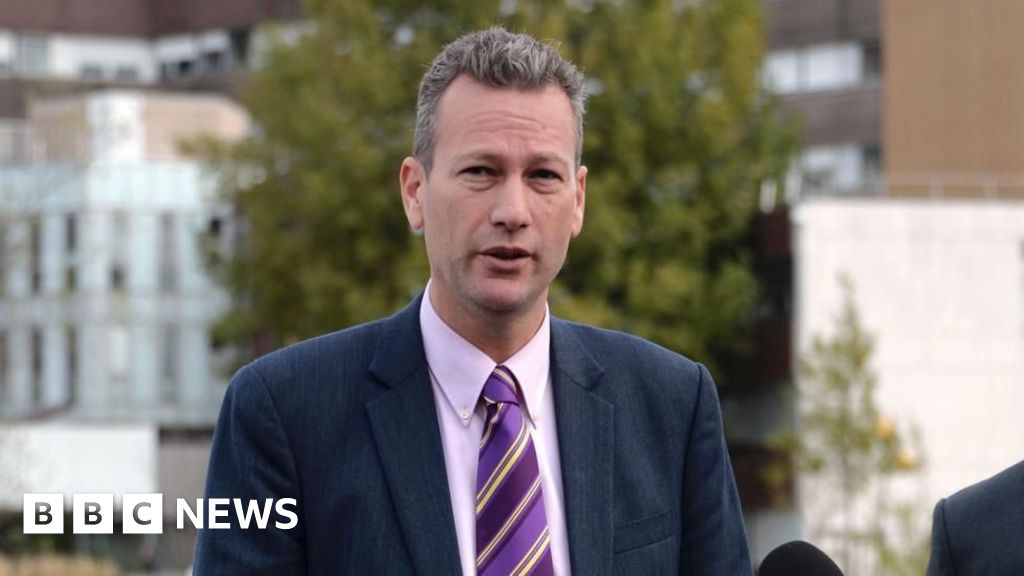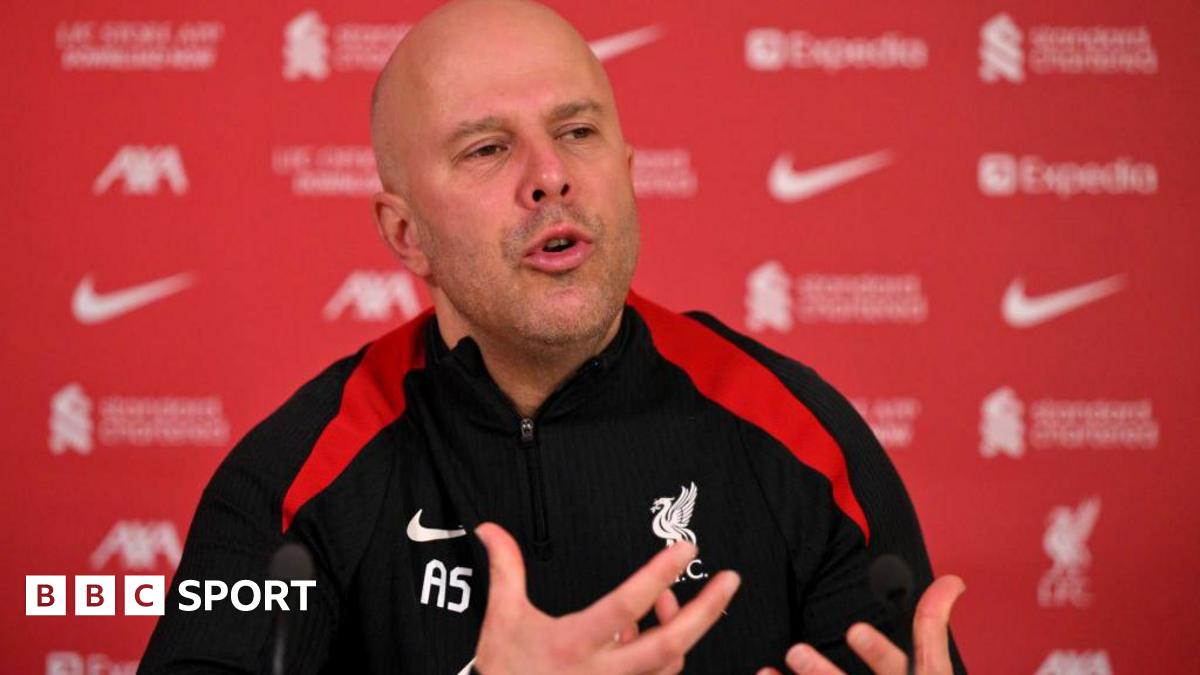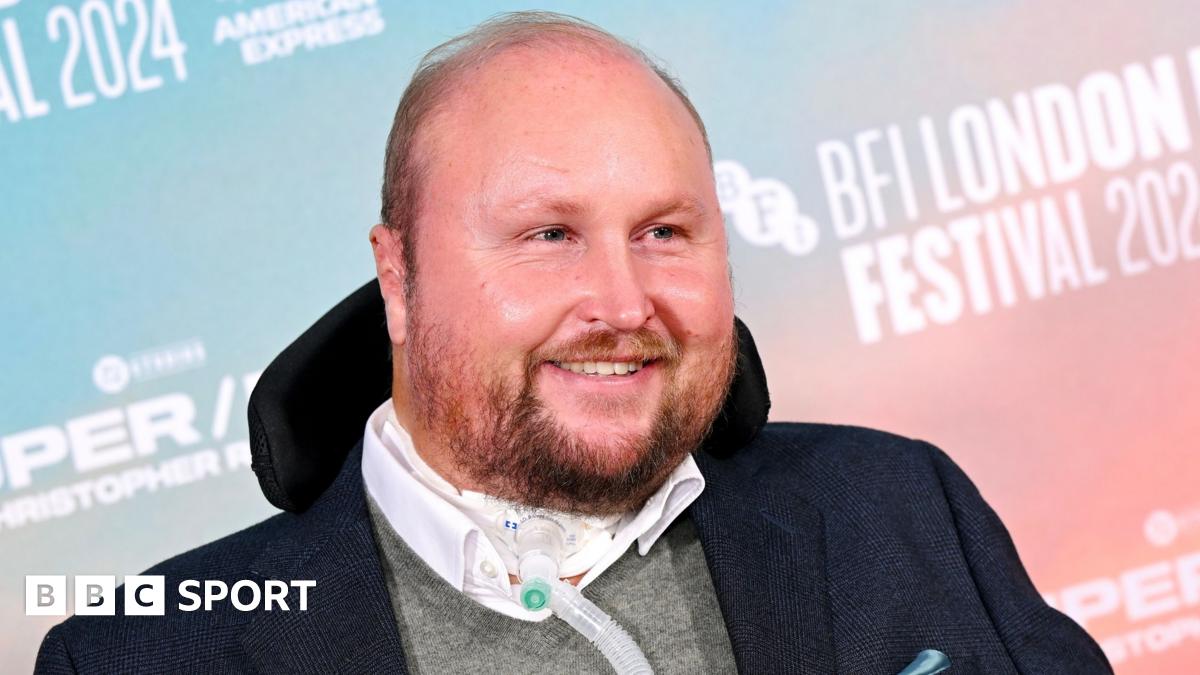Doctors in Wales are recommending a new pay offer from Welsh government should be accepted.
The new pay award on the table for junior doctors, SAS doctors and consultants could potentially bring the dispute in Wales to an end.
Different offers have been made to each of the three groups and will go to BMA Cymru Wales members to vote.
It follows 10 days of strike action by junior doctors and planned action by senior doctors which were called off at the last minute for pay talks to resume in April.
Junior doctors have been offered an additional 7.4% uplift, taking the total to 12.4% for 2023-24, which the Welsh government said was in line with the offer accepted in Scotland.
Some consultants would get an additional pay rise of up to 10.1%, if accepted.
For SAS doctors the pay offer for newer contracts includes increases of between 6.1% to 9.2% as well as an additional rise for associate specialists on closed contracts.
The offer will be voted between 12 and 26 June.
Dr Oba Babs Osibodu and Dr Peter Fahey, co-chairmen of the BMA’s Welsh Junior Doctors Committee said they were "encouraging" members to accept the deal.
Dr Stephen Kelly, chairman of BMA Cymru Wales' consultants committee, said the group was pleased to reach an offer that "we believe honours our overwhelming strike mandate and offers significant improvements".
Dr Ali Nazir, chairman of BMA Cymru Wales' SAS doctor committee said,: "By taking part [in industrial action] and getting us here they have played a part in securing a better future for SAS doctors in Wales."
Health Minister Eluned Morgan, and First Minister Vaughan Gething said the offers were "at the limit of our affordability".
They added the pay structure for consultants would be reformed to "better support recruitment and retention".
The offer also aims to address imbalances in the existing contracts for specialist doctors, associate specialists, and specialty doctors, "to ensure consistency and fairness".
If the pay award is accepted, it would mean industrial action in Wales and Scotland would have come to an end, though it continues in England and Northern Ireland.

 9 months ago
31
9 months ago
31









